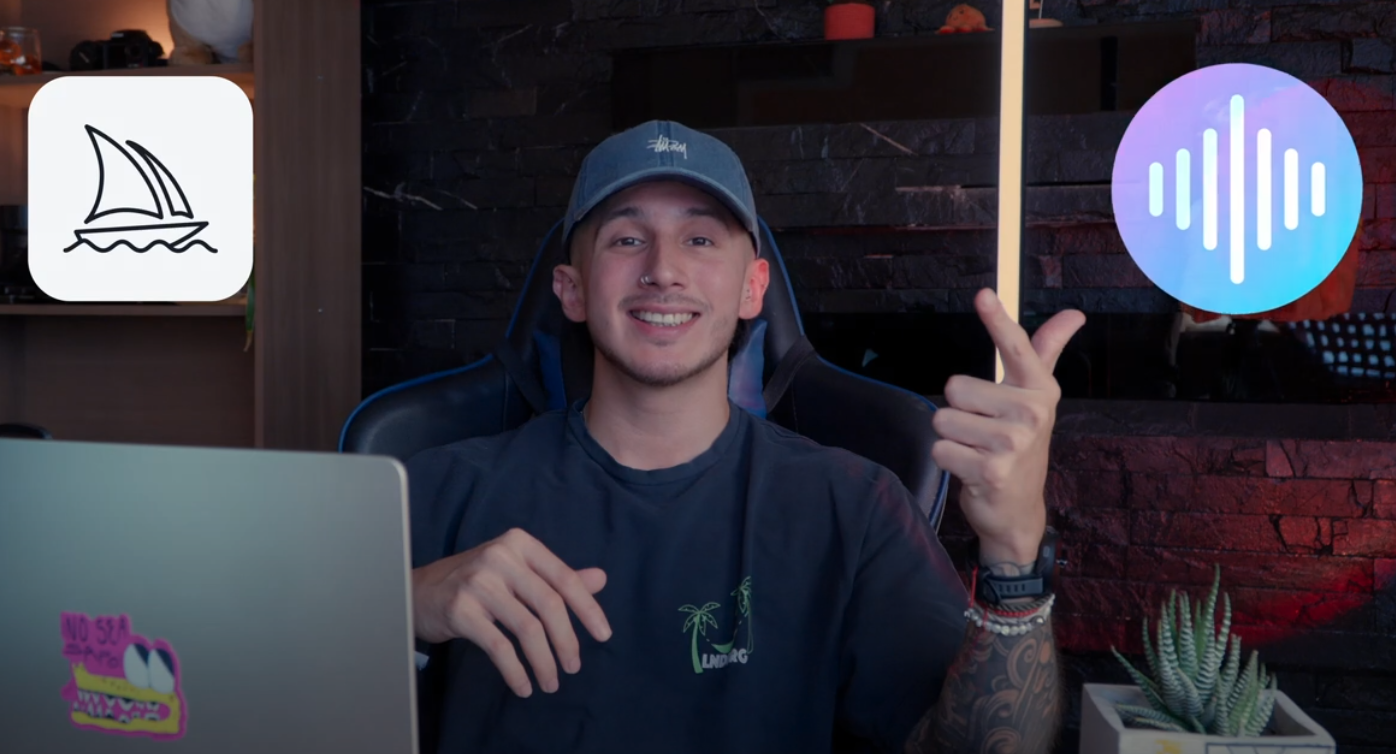The Flixr. blog
Veo3 in Action
A Deep Dive into AI Video Generation's Strengths and Weaknesses

The rapid evolution of AI video generation is transforming creative workflows, promising to turn simple text prompts into cinematic-quality footage. Among the frontrunners in this space is Veo3, a powerful model capturing the attention of creators and marketers alike.
To explore its real-world capabilities, a case study was conducted: creating a short, action-packed ad for a "Temple Run" style game using only the AI for video and sound generation. The process offers a clear look at both the groundbreaking potential and the current limitations of this technology.
First, here is the final result:
While the output is impressive, the creation process revealed several key insights into the platform's current power and limitations.
The Limitations: Where Veo3 Shows Room for Growth
Even with its advanced capabilities, Veo3 has quirks that users must navigate.
1. The "Slow-Motion" Motion Problem
One of the most notable challenges is the model's difficulty in rendering high-speed motion. Regardless of how prompts were structured—whether simple ("man running fast") or complex and detailed—the AI consistently generated characters running in slow motion.
The Workaround: This requires post-production. The generated footage had to be manually sped up in an editing program. This becomes problematic in scenes with other dynamic elements, such as the clip featuring a waterfall, where speeding up the character also created an unnaturally fast-flowing waterfall.
2. Inconsistent Prompt Adherence
Veo3 can struggle with interpreting highly specific creative commands. For instance, prompts requesting a "still, close-up shot of the ground" were often overridden, with the AI generating clips that included camera movement.
This suggests that successful prompting currently favors simplicity and clarity over layered, complex instructions. The model may prioritize a more "cinematic" or dynamic shot over a user's specific request for a static one, requiring creators to refine their prompts through trial and error.
The Breakthroughs: Where Veo3 Changes the Game
Despite its challenges, Veo3 introduces features that are nothing short of revolutionary for the creative process.
1. Integrated Sound and Foley Generation
Perhaps Veo3's most game-changing feature is its ability to generate synchronized sound. All the foley in the ad—including footsteps, water splashes, and ambient jungle noises—was created automatically by the AI alongside the video.
While the background music and cinematic booms were added separately, the AI's handling of environmental audio drastically reduces production time. A task that would typically require hours of sourcing and syncing sound effects is now completed in minutes, streamlining the workflow immeasurably.
2. A Monumental Leap in Cinematic Quality
The overall visual fidelity of Veo3 represents a significant step forward for AI-generated media. Compared to the distorted and often uncanny results from models available just a year ago (such as the viral "Will Smith eating spaghetti" video), Veo3 produces coherent, visually-pleasing, and contextually-aware footage. The system understands concepts like lighting, texture, and character consistency to a remarkable degree.
Conclusion: A Powerful Tool That Demands a New Skillset
Veo3 is an undeniably powerful tool that blurs the line between prompt and final product. However, it is not an entirely automated solution. Its effective use requires a blend of new and traditional skills.
To achieve high-quality results, creators will need to develop:
- Advanced Prompt Engineering: Mastering the art of writing clear, concise prompts that the AI can interpret accurately is essential.
- Video Editing and Post-Production: Basic editing skills remain crucial for assembling clips, adjusting pacing and speed, color grading, and integrating other elements like music to craft a polished final narrative.
For creators and marketers willing to adapt to this new paradigm, Veo3 offers a glimpse into a future where cinematic ideas can be brought to life with unprecedented speed and efficiency. It is a powerful collaborator, but one that still relies on a human creative director to guide it.
Watch the full video here.

